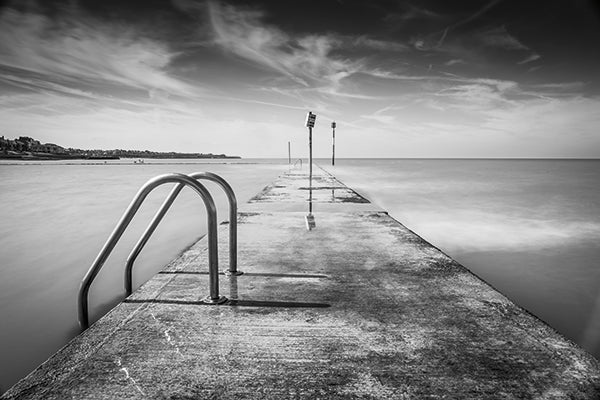What is an ND filter in photography?

If you’re just getting into photography or are looking to expand your kit, an ND filter is an easy, convenient and typically very affordable way to get some neat effects from your mirrorless, DSLR or film camera.
The ND in the term ND filter stands for neutral density, but what does it mean? Keep reading to learn everything you need to know about ND filters.

100GB of extra data with an iPhone 14 contract
You can currently get 100GB of extra data on an inclusive iPhone 14 Vodafone contract over on Mobiles.co.uk as part of its Black Friday week deals.
- Mobiles.co.uk
- 100GB of extra data
- Free as part of Vodafone contract
What is an ND filter in photography?
An ND – or neutral density – filter is a filter that is placed on a camera lens in order to limit the amount of light that is able to reach the camera. These filters come in varying shades and are usually made from resin or glass.
There are two reasons a photographer might want to use a neutral density filter. One is to filter out bright light when shooting outdoors and the other use is to capture long exposures photos in daylight.
ND filters allow photographers to shoot using wide-aperture lenses in bright outdoor locations without overexposing the image and losing detail or sacrificing a shallow depth of field.
Perhaps the most popular reason to pick up an ND filter is to capture images with slower shutter speeds. By blocking out some light, the image is underexposed, giving the photographer an opportunity to slow the shutter speed down much further than they could with no filter. This gives images a blurred effect that appears almost dreamy when capturing moving subjects such as waterfalls, rivers and busy roads in broad daylight.
In both instances, there is a need to reduce the amount of light going into the camera, which is where an ND filter comes in clutch.
ND filters are commonly compared to sunglasses for your camera lens. Like a pair of shades, neutral density filters come in different strengths that indicate how much they darken the exposure of the camera so it’s always worth checking the strength before picking up a new filter.








